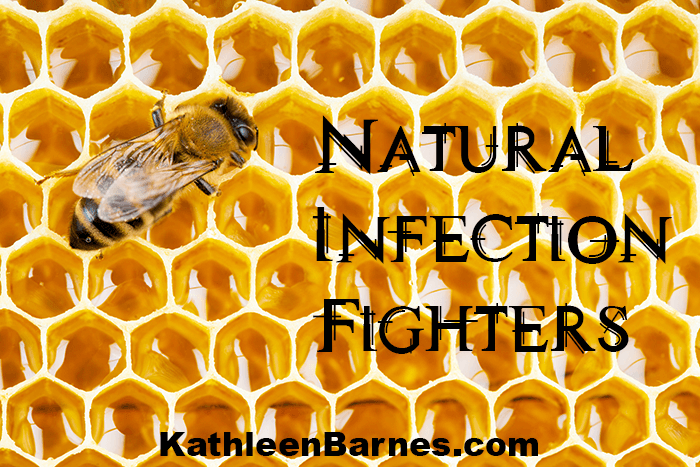We live in a world of microbes: bacteria, viruses, fungi and a plethora of pathogens that can make us sick. Most of the time, our immune systems are able to fight off microbial attacks, but we all know there are times when an infection, whether internal or external, knocks us down. There’s no time more obvious than now, at the onset of the cold and flu season to learn more about these natural infection fighters.
Antibiotics are helpful and effective when used properly, when there is a bacterial infection such as strep throat, urinary tract infection, bacterial pneumonia or a wound that has become infected. But antibiotics are overused and overprescribed and so bacteria are changing in a way they become resistant to antibiotics. Overuse of antibiotics has become a significant public health problem.
In recent years, conventional medicine has increasingly used antibiotics as a universal remedy against microbial attacks. But antibiotics are effective only against bacterial infections, so they won’t kill the flu virus or a vaginal fungal infection, even thought doctors often prescribe antibiotics for these ailments.
The worst case scenario is that our incorrect use of antibiotics has fostered the evolution of antibiotic resistant bacteria, sometimes called “superbugs.” These bacteria multiply out of control, sometimes with fatal consequences, even in the presence of antibiotics once successfully used to treat them.
Indeed, public health officials have expressed increasing concern about dangerous antibiotic resistant bacteria, including MRSA and VRE, often transmitted in hospital settings and a multi-antibiotic resistant form of tuberculosis that has been identified worldwide.
The antibiotic resistance problem is compounded by the use of antibiotics to enhance growth and production in livestock, so antibiotic resistance is being passed to us through meat and dairy products that most of us consume every day. A variety of superbugs have been found in meat, poultry and milk products.
When you eat meat, you are getting bits of genetic material called plasmids that transfer antibiotic resistance to your body. You’re not actually getting antibiotics when you eat animals fed antibiotics, but you are getting resistance, which can be fatal.
There are many natural ways to address most microbial infections and the best part is that they are effective against bacteria, viruses, fungi and other pathogens—all without dangerous side effects—so it’s not necessary to know what pathogens is causing your problem. Unlike antibiotics, these natural antimicrobials can knock out bacterial, fungal and viral infections:
Propolis: This substance, sometimes called “bee glue” produced by bees to seal their hives and protect them from infections is “the single most powerful antimicrobial we have in the plant kingdom,” according to Medicine Hunter Chris Kilham, author of numerous books on plant








Gaia’s Echinacea/goldenseal spray has or had propolis in it. There are other good remedies like Black Elderberry syrup from Aboca (Gaia’s partner in Italy), Olive leaf capsules and oregano capsules. It seems that if one doesn’t work, try the other. Then, there’s always garlic, which is too complex for superbugs to get around. Thanks for al you do, Kathleen!